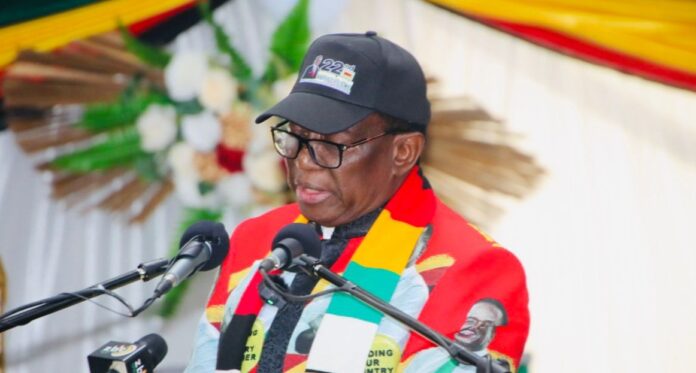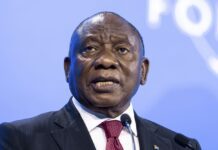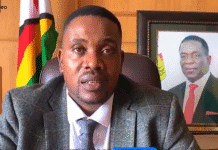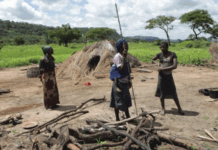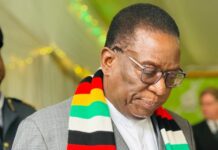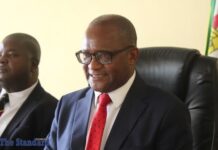MUTARE – The ZANU PF Annual National People’s Conference in Mutare has directed the Ministry of Justice, Legal and Parliamentary Affairs to commence legal procedures to extend President Emmerson Mnangagwa’s term of office by two years, allowing him to remain in power until 2030.
The resolution, read by the party’s Secretary for Legal Affairs and Justice Minister Ziyambi Ziyambi, further instructed that the legislative process be completed by October next year (2026), effectively setting a timeline for constitutional or statutory adjustments to enable the extension.
According to Ziyambi, delegates overwhelmingly endorsed the proposal, arguing that the President’s continued leadership was crucial for the completion of key national projects under Vision 2030, which seeks to transform Zimbabwe into an upper-middle-income economy within the next five years.
“The conference resolved that President Mnangagwa must be allowed to continue steering the ship until 2030 to consolidate national development, economic stability, and the gains of the Second Republic,” Ziyambi said. “The Ministry of Justice has been directed to initiate the necessary legal framework to achieve this objective.”
The resolutions also called for the expedited provision of vehicles and motorcycles to all party leaders across the country to enhance mobilisation and outreach ahead of upcoming national programmes. Additionally, the party urged the government to “deploy ideologically grounded cadres” within the civil service — a move seen as part of a broader strategy to align state institutions with ZANU PF’s political and developmental vision.
Party insiders say the conference was marked by strong calls for unity and continuity, with several provincial chairpersons praising Mnangagwa for his “visionary leadership” and “unwavering commitment to economic reform and national sovereignty.”
However, the proposed term extension has already triggered heated debate among political observers and opposition figures, who warn that the move could undermine constitutionalism and democratic governance.
Opposition spokesperson Gift Ostallos Siziba of the Citizens Coalition for Change (CCC) said the ruling party was “attempting to amend the Constitution for personal and political survival.”
“This is not about Vision 2030 — it’s about power consolidation and the death of constitutional democracy,” Siziba argued.
Constitutional experts also pointed out that any attempt to extend a sitting president’s term would require a constitutional amendment under Section 328 of the 2013 Constitution, which prohibits extending term limits in favour of an incumbent unless explicitly approved by a national referendum.
Political analyst Dr. Ibbo Mandaza described the Mutare resolutions as “a signal of deepening authoritarianism within ZANU PF,” warning that the move could further isolate Zimbabwe internationally if seen as an assault on democratic norms.
Despite criticism, party loyalists maintain that the proposal reflects the will of grassroots supporters who believe Mnangagwa’s leadership has brought “stability, economic recovery, and renewed national pride.”
As the Justice Ministry begins to consider the resolutions, all eyes are now on Parliament and the Constitutional Court, where any such amendment would face both legal scrutiny and political resistance — setting the stage for what could become Zimbabwe’s most consequential constitutional battle since 2017.


